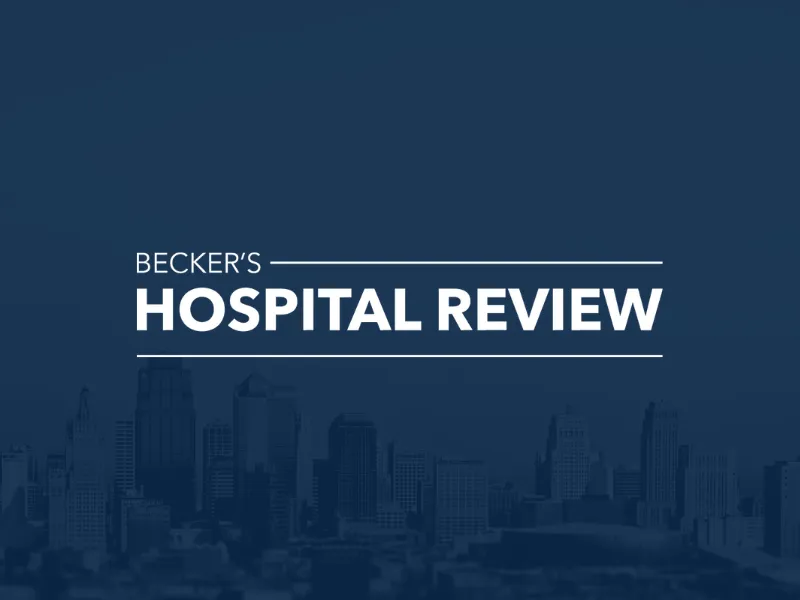Evaluating GSK's Depemokimab: Positive Results from Phase 3 Clinical Trials in Chronic Rhinosinusitis

GSK has announced positive results from two Phase 3 clinical trials evaluating its experimental drug, depemokimab, for chronic rhinosinusitis with nasal polyps. This condition notably impacts approximately 4% of the population, leading to immense discomfort and other health issues.
About Depemokimab
Depemokimab targets interleukin-5, a key protein involved in the inflammatory process. The drug aims to alleviate symptoms and improve the quality of life for patients suffering from this chronic condition.
Positive Outcomes from Trials
- Trial Demographics: Patients included in the trials exhibited significant symptom improvement.
- Long-term Effects: Evaluations indicate sustained efficacy over extended periods.
- Safety Profile: The drug shows a favorable safety profile, positioning it as a strong candidate for treatment.
Implications for Treatment
The positive results from these clinical trials suggest that depemokimab could become a vital option for managing chronic rhinosinusitis. This may transform care strategies for patients affected by nasal polyps.
This article was prepared using information from open sources in accordance with the principles of Ethical Policy. The editorial team is not responsible for absolute accuracy, as it relies on data from the sources referenced.